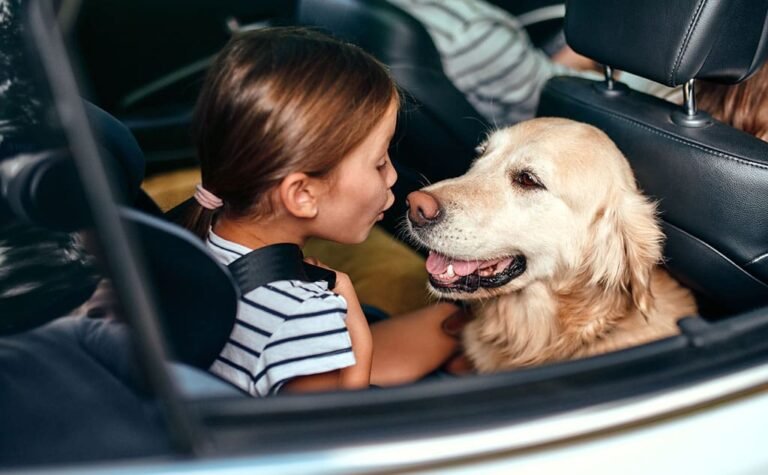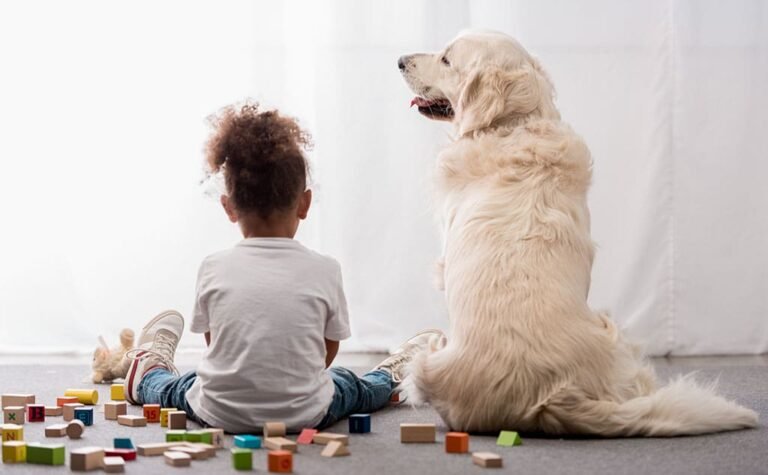Adopting a rescue dog can be an incredibly rewarding experience, but it’s important to be prepared for the challenges that come with it. Rescue dogs may have a difficult past and require extra care and attention during the transition to their new home. With the right approach and some helpful tips, you can ensure a successful and fulfilling adoption.
Do Your Research on Dog Breeds and Rescues
Before you start the adoption process, do your research on different dog breeds to find one that fits your lifestyle. Consider your living situation, activity level, and family dynamic when choosing a breed. Once you’ve decided on a breed or mix, research local rescues that specialize in that breed or have a good reputation for finding homes for dogs.
Prepare Your Home for Your New Dog
Preparing your home for a new dog is an important step in making the transition as smooth as possible. This includes purchasing basic supplies such as a leash, collar, food and water bowls, and a crate. You’ll also want to puppy-proof your home by removing any hazardous items and securing loose cords or wires.
Be Prepared for Possible Behavioral Issues
Rescue dogs may come with behavioral issues as a result of their previous experiences. These issues can include separation anxiety, fear of new people or animals, and destructive chewing or digging. Be prepared to work with a professional dog trainer or behaviorist to address any behavioral issues that arise.
Take Your Time Getting to Know Your Dog
It’s important to take your time getting to know your new dog and allowing them to adjust to their new environment. Avoid overwhelming your dog with too many new experiences or interactions right away. Gradually introduce them to new people, animals, and environments at a pace that they are comfortable with.
Establish Rules and Boundaries
Setting rules and boundaries is important for establishing a healthy relationship with your new dog. This includes rules about where they are allowed to go in the house, what items they are allowed to chew on, and what behaviors are acceptable. Consistency and positive reinforcement are key in establishing and enforcing these rules.
Schedule a Visit with a Veterinarian
It’s important to schedule a visit with a veterinarian soon after adopting your new dog. This allows the vet to perform a full physical exam and check for any underlying health issues. They can also provide recommendations on vaccinations, parasite prevention, and nutrition.
Provide Plenty of Exercise and Mental Stimulation
Most dogs require daily exercise and mental stimulation to stay healthy and happy. This includes activities such as walks, runs, playing fetch, and puzzle toys. Providing plenty of exercise and mental stimulation can also help prevent destructive behaviors and promote positive bonding between you and your dog.
Consider Adopting an Adult Dog
While puppies are cute and cuddly, adult dogs can make great companions and are often easier to care for. Adult dogs are often already trained and may have a more established personality, making it easier to determine if they are a good fit for your family and lifestyle.
Patience and Persistence are Key
Adopting a rescue dog can be a challenging but rewarding experience. It’s important to be patient and persistent with your new dog, as they may take some time to adjust and build trust with you. With time, love, and consistency, you can create a successful and loving bond with your new furry friend.
In conclusion, adopting a rescue dog is a wonderful way to provide a loving home to a dog in need. By doing your research, preparing your home, being patient and persistent, and providing proper care and training, you can set your new dog up for a successful and happy transition into their new home. Remember, it may take time and effort, but the love and companionship you receive from your new furry friend will be well worth it.
Additionally, it’s important to be patient with your rescue dog during the transition period. It may take several weeks or even months for your dog to fully adjust to their new home and routine. Some rescue dogs may come with behavioral issues that need to be addressed, such as separation anxiety or fear of certain objects or situations. Working with a professional dog trainer or behaviorist can be helpful in addressing these issues and ensuring a successful transition for both you and your new furry companion. Remember that adopting a rescue dog can be a rewarding experience, but it requires commitment and patience to help your dog adjust and thrive in their new home.




